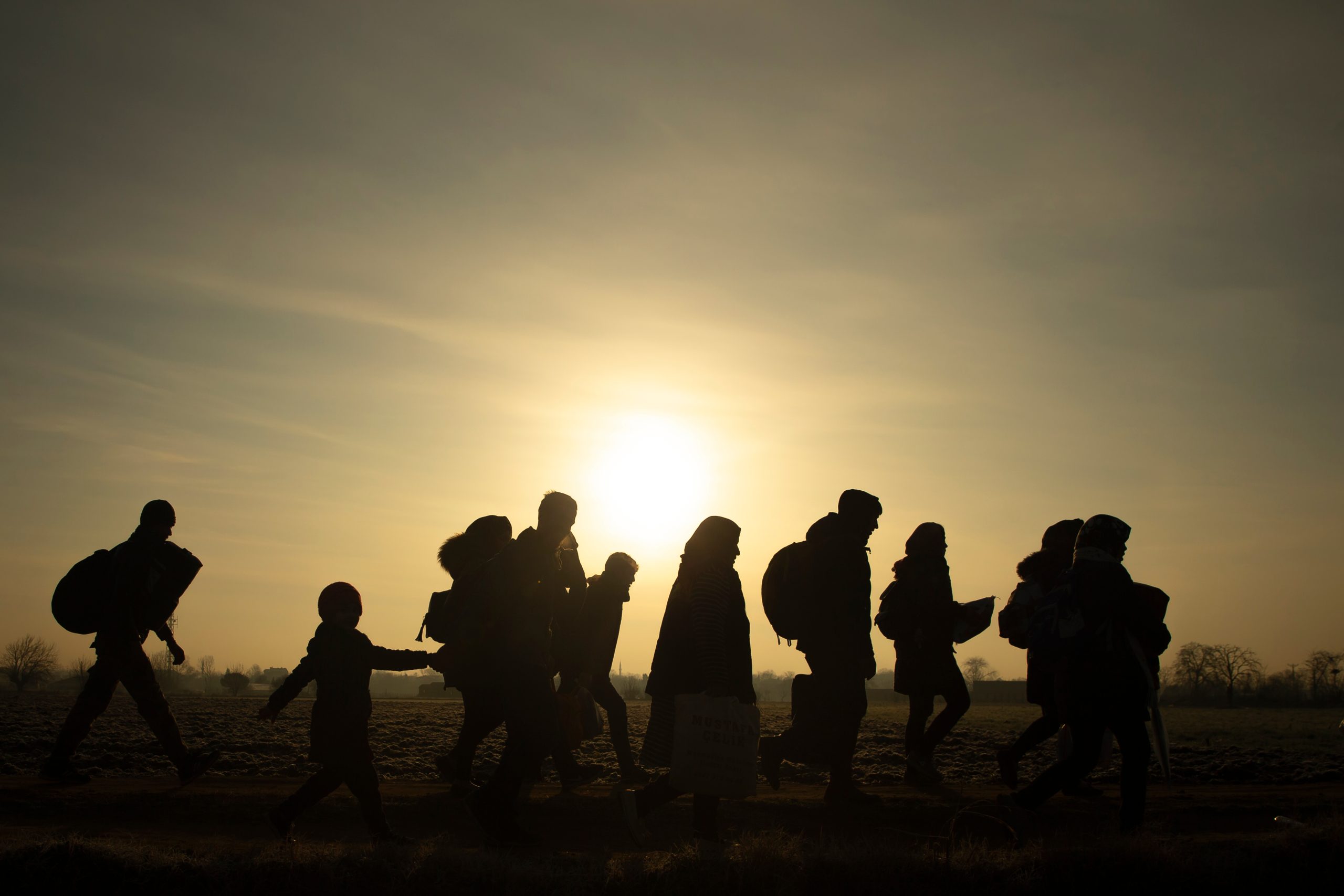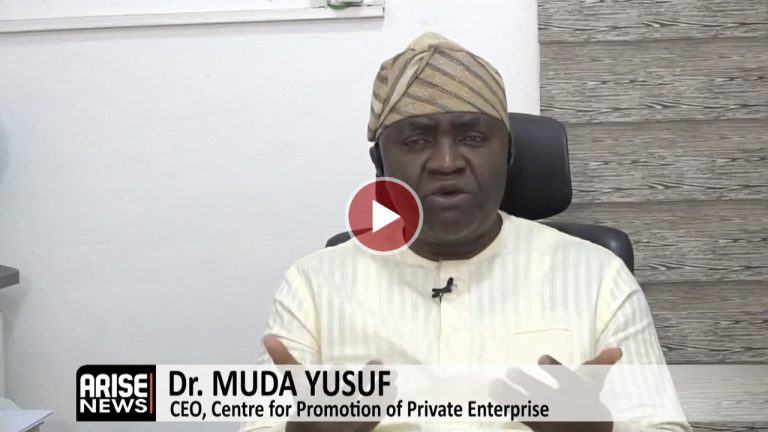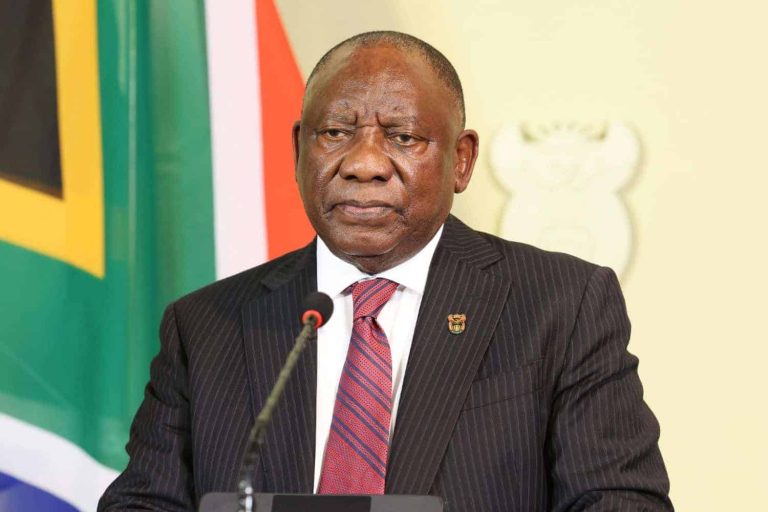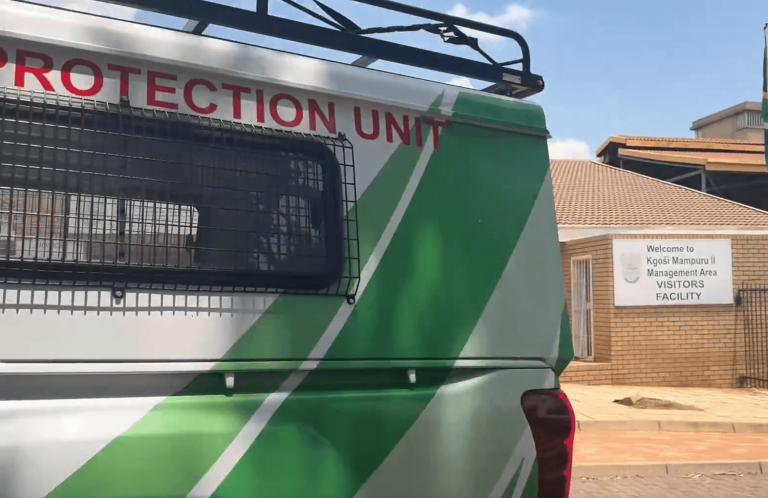
Uganda’s Minister of Relief, Disaster Preparedness, and Refugees has said the government has stopped granting refugee status to persons from countries that are not at war. The decision follows dwindling donor support amid a steady refugee influx into the country.
Minister Hilary Onek said: “I have instructed our officers not to give refugee status to citizens coming from those countries because there is no war there, particularly those from Eritrea, Ethiopia and Somalia.”
But he said the government would not reverse refugee status for those who have already acquired it, but would not accept new arrivals from the countries in question. Mr Onek, who was speaking during the official handover of 2,544 metric tonnes of rice, worth $2.9m (Shs10.5b) donated to the World Food Programme (WFP) by the Government of Korea, at the WFP warehouse in Gulu last week.
The rice donation will enable WFP to feed 600,000 refugees in 13 settlements and 200,000 school children in food-insecure Karamoja Sub-region for one year. The minister explained that Uganda is also holding talks with countries that are at war to ensure they drop the guns and restore peace and security to allow refugees hosted by Uganda return to their respective countries. “We are in discussion with those governments, although those with many factions look at Uganda as though we are interfering. But we have not given up because they have to come to terms, have some tolerance, and enable their citizens to go back,” Mr Onek said.
He added: “The refugee number is now going to two million and it is increasing every day. We’ve been receiving between 100 and 200 refugees every day from DR Congo. Even from South Sudan, which we thought was peaceful, refugees are still flowing in from there. So, we wish the government there tolerates their political opposition so that they can agree to work together and let their people go back home.” Mr Onek also warned that whereas Uganda’s refugee policy is very friendly and allows refugees to work, trade, enjoy freedom of movement and access services that citizens enjoy, the gesture ‘‘loads us heavily, economically’’. He said Uganda spends about Shs2b annually on the needs of refugees.
The minister added that Uganda used to get $240m per year from UNHCR, the UN refugee agency, but with an increased refugee population of almost two million people, they now get less than $100m.
“This year, they received only $18 million. So, the situation is dire, and it is our people who shoulder those costs, which the UNHCR used to handle.”
Mr Lauren Landis, the WFP country director, said the cuts have resulted in rising food insecurity, including families skipping meals, rising malnutrition, and children dropping out of school.
Mr Landis said in Karamoja, the rice donation will strengthen the homegrown school feeding programme, which serves 255,000 children in 320 schools across nine districts. He said this is critical in a region where one in four children suffers from chronic malnutrition. Mr Landis added that in the last five years, WFP has received more than 19,000 tonnes of rice from Korea, making them one of their top donors to the refugee operation in Uganda. The Ambassador of Korea to Uganda, Mr Park Sung-Soo, said his country has walked its own path through struggle and recovery, and this experience shaped the way it stands with communities in vulnerable situations.
“Korea is proud to deliver 2,544 metric tonnes of Korean rice to support refugees across Uganda and schoolchildren in Karamoja. We hope today’s contribution, delivered during a period of serious funding gaps, will help meet urgent needs and support Uganda’s continued leadership in humanitarian and refugee response.’’ Mr Sung-Soo appreciated Uganda, whose open-door refugee policy continues to offer safety and dignity to people seeking refuge. He said such efforts not only strengthen refugee welfare but also regional stability.



